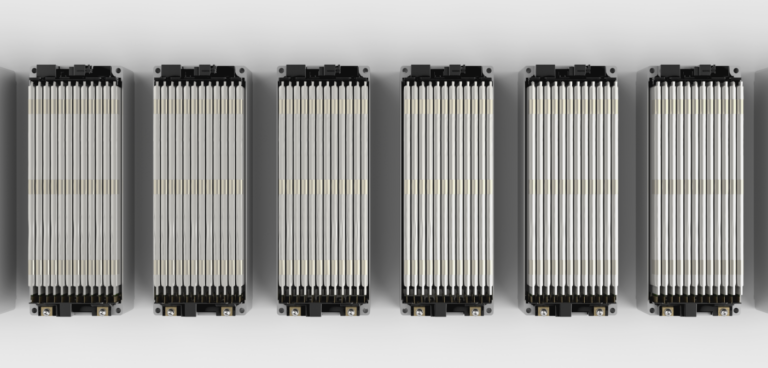Swedish electric car manufacturer Polestar has entered a strategic partnership with blockchain company Circulor to trace the minerals and materials used in its batteries.
Polestar said it will use distributed ledger technology to trace the sourcing of minerals used in its EV batteries and track embedded carbon emissions.
This digital ledger contains a list of records linked to each other via cryptography. A ‘digital twin’ for the raw material being traced is created and the material then tracked through the supply chain, creating a digital thread that follows and records the various industrial processes and transformations it undergoes.
According to the collaboration, this enables it to ensure the materials used in battery production come from the expected mines or recycling facilities.
“Caring about ethics and the environment is key to Polestar. This unprecedented level of traceability means that Polestar can promote sustainable and ethical practices in its supply chain, and provide better transparency for consumers,” said Polestar CEO Thomas Ingenlath.
Integrated into the partnership is also the tracking of CO2e through the supply chain. The greenhouse gas tracking solution offered by Circulor enables a more accurate carbon footprint than using generic emission data.
CO2e tracking allows Polestar to view the emissions that have been created as part of its production process, per facility, as well as those inherited from suppliers through the supply chain.
This is part of Polestar’s wider goal to produce the first truly climate-neutral car by 2030.





